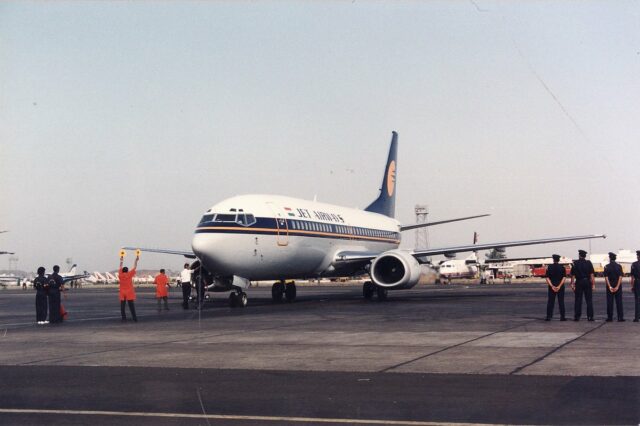NEW DELHI: COVID-19 has hit the aviation industry hard and although Civil Aviation Minister Hardeep Puri stated in a recent interview with StratNews Global that a financial bail out among other decisions are being “considered at the highest levels of the government,” the industry is in freefall (Read: What’s Ailing the Aviation Industry). Some aviation analysts have warned that it could take three years before the industry is able to see some kind of normalcy.
“The government itself is broke,” says Harsh Vardhan, chairman of Starair Consulting, an aviation consultancy firm, when asked about the possibility of a bailout. “I don’t believe they have the resources for the essential social sectors let alone aviation.”
In fact, the industry was struggling even before the pandemic. Jet Airways shut shop due to lack of funds last April, add to that Air India’s continuing losses – government figures show the airline was over Rs 8,556 crore in the red last year.
“Indian airlines are definitely in dire straits. While they were showing signs of financial decline even before the pandemic, the total lock-down due to the pandemic has killed its financial base,” says Sanat Kaul, chairman of the International Foundation for Aviation, Aerospace and Drones.
The problem for the government is the lack of options. ATF or Aviation Turbine Fuel which accounts for as much as 40% of the operating cost in India has been slashed by 23% making it one of the steepest cuts even in ATF prices. But it won’t help the airline operators tide over the COVID-19 period for a number of reasons.
The first is the ban on flights, the second is the costs airline promoters will have to pay despite not flying their aircraft. Experts estimate airlines in India will have to return an estimated Rs 20,000 cr for forward payments i.e. payments made for advance bookings. These, along with other charges such as maintenance, will continue while they are grounded and will have to be paid even before they can think of flying. Indigo will be the worst hit because it has the largest fleet.
Consumer confidence and more important investor confidence is at a low ebb – the biggest example of that being Warren Buffett who created shock waves in the aviation industry when he recently dumped his entire shares in four major airline holdings stating the “world had changed post-COVID-19.”
With such gloomy outcomes what then is the solution? Experts believe that there is no option but for the government to allow airlines to fly. Kaul lays out the modus operandi by which the government can do so.
“Each passenger will carry a negative COVID-19 test, the best available at Rs 4,500 at their own cost. Further, all crew and ground staff will be tested also for the same test as frequently as desired by medical authorities and its cost will be included in the ticket price. I expect another Rs 500 per ticket for this purpose. There will be no food or drink served on the flight at all. If anyone takes off the mask, it would be punishable with a fine and more,” he says.
Vardhan agrees and argues that the government needs to think both about economic activity and Indian nationals who cannot reach their homes in other states due to the ban on flights.
“If the government can carry out rescue missions abroad, there is no reason why limited air flights cannot be carried out with the right precautions. Look at China, they have already resumed domestic flights. As for cargo, the government can talk to other major countries and resume this at once as it carries less risk.
“If cargo does not revive soon, an essential economic activity of the country will come to a standstill. It will be scary, but a beginning has to be made somewhere. The government could review the situation after 30-40 days and make the necessary corrections.”
















